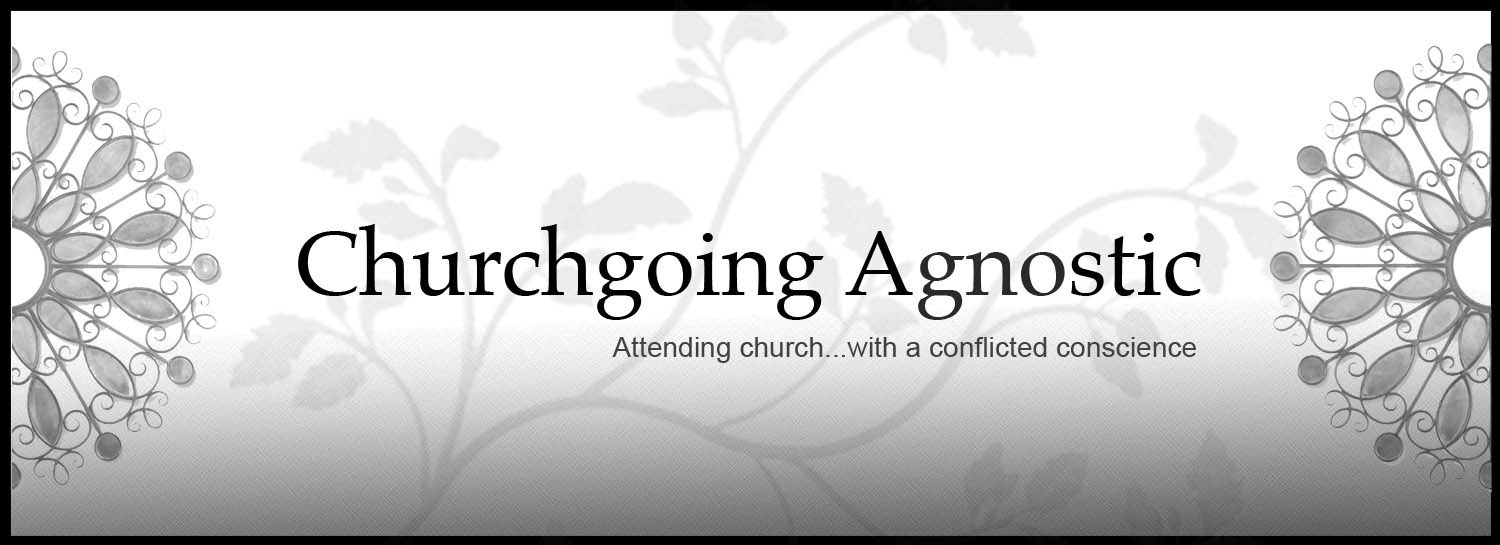Many situations make us feel that we have been exiled to a “foreign land.” We might have moved to a culture so different that it was hard to get adjusted. We may have discovered that suddenly our most cherished beliefs are so radically at odds with those of the people around us that we must keep quiet about them, or if we speak, we must be prepared to defend ourselves…
Many people live in some kind of Babylon [exile] They live where they cannot speak some thoughts without criticism. To survive in such a negative culture, it is tempting to negate our own convictions as being finally not that important. It is tempting as well to keep quiet, walking away from conversations that might expose our differences. Either temptation sacrifices something of our integrity in order to maintain relationships that will be “safe” though always slightly dishonest. One of the most important spiritual strengths we have is the ability to be honest about who we are…
Recognizing that what was at stake was nothing less than the integrity of their souls, the Jews of Babylon formed communities in which their heritage and their ethical convictions became vastly more important to them in exile than they had been before. They sought one another’s support to affirm their differences from Babylonians and to raise their children as if those differences really mattered. Because they chose community rather than safety and anonymity, their convictions survived to make a lasting impression on the world. May we all seek and find the communities we most need in the foreign lands through which we must travel.
Monday, October 13, 2008
Opinions in Exile
The following passage is a reflection on the Hebrew Bible's Psalm 137 written by Reverend John Nichols, a Unitarian Universalist minister and author of A Wind Swept Over the Waters: Reflections on Sixty Favorite Bible Passages (Skinner House Books, 2007). In this excerpt from his 2007 book, Nichols imagines the experience of Israel’s people as they endured being exiled as a minority in Babylon during the 6th century B.C.E. The piece also describes the difficulty of living, speaking and sharing one's unpopular convictions when they run counter to the prevailing worldviews of one's cultural surroundings. Click here to read the full passage.
Subscribe to:
Post Comments (Atom)



No comments:
Post a Comment